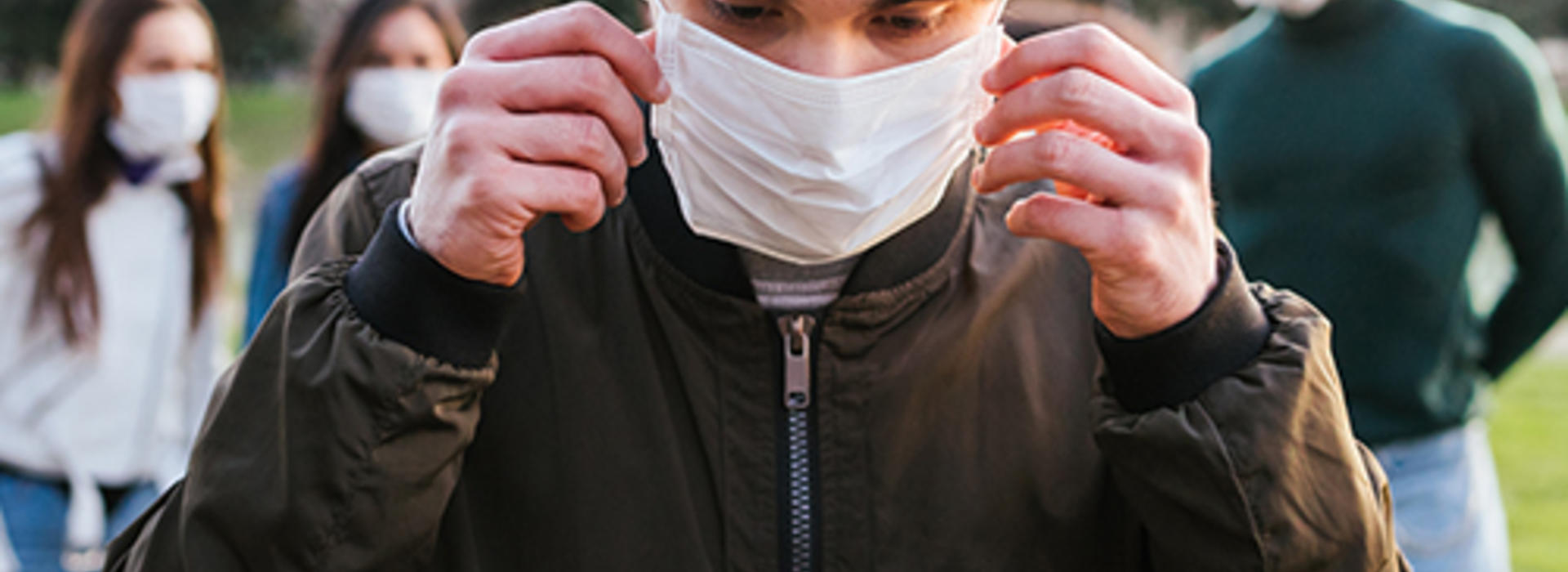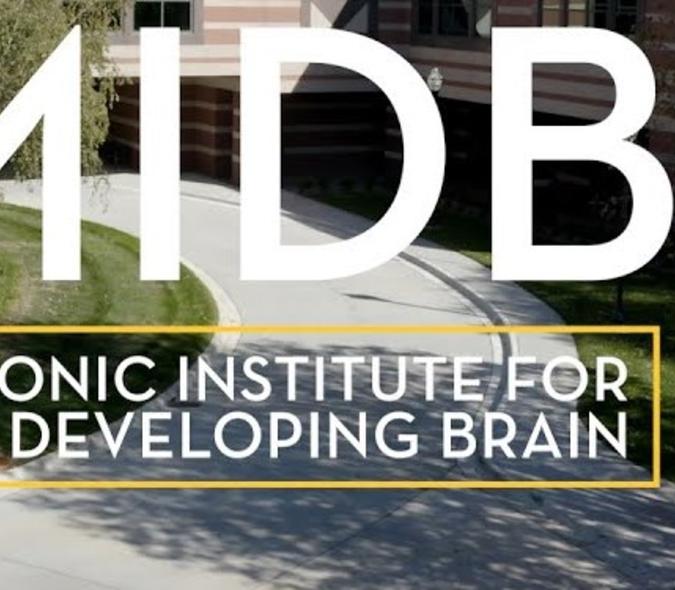
Looking into the psychological and biological consequences of COVID-19 for certain adolescents
Adolescents with a history of non-suicidal self-injury are at higher risk for suicide attempts. Within the context of a global pandemic, this risk trajectory may be accelerated. With school closures, youth are sequestered to their homes and cut off from support from peers, teachers, counselors and coaches. Adolescents face isolation, worry and grief. Further, many youth will be infected before a vaccine is available.
Direct neural effects of COVID-19 could further derail mental health trajectories in adolescents. The neuropsychiatric complications of COVID-19 may include neuroimmune and vascular mechanisms. Adolescents may also face worsening mental health after recovery from COVID-19, as has been seen with past pandemics. Finally, the impacts of the pandemic across individuals will not be uniform: socio-economic, psychological and biological factors will likely drive individual variability in potential harm from the pandemic.
Led by Kathryn Cullen, MD, associate professor of psychiatry and behavioral sciences, researchers in this study will examine psychological and biological effects of COVID-19, both from the overall COVID-19 pandemic situation—including public health restrictions, economic downturn—as well as the direct effects of COVID-19 infection.
This project is supported by the UMN Campus Public Health Officer's CO:VID (Collaborative Outcomes: Visionary Innovation & Discovery) grants program, which support University of Minnesota faculty to catalyze and energize small-scale research projects designed to address and mitigate the COVID-19 virus and its associated risks.



